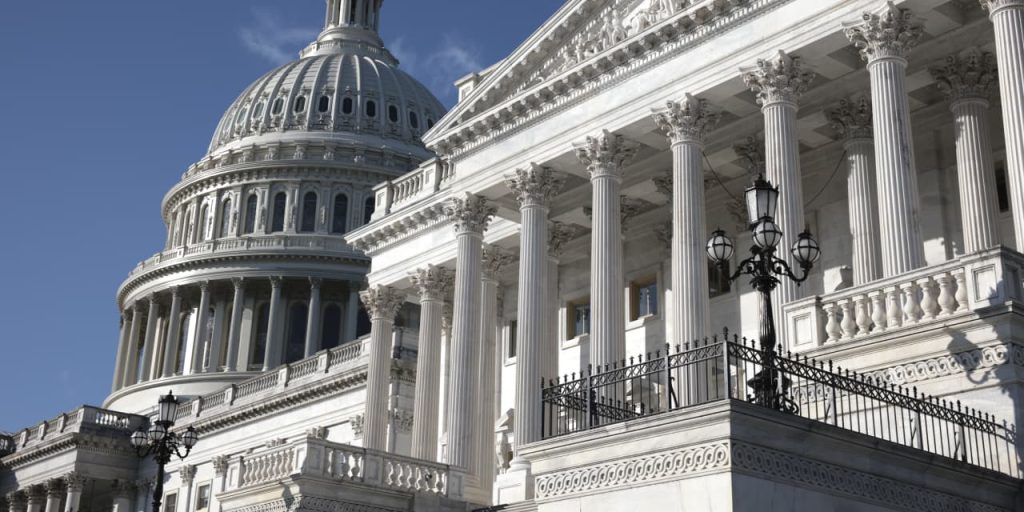The House of Representatives could take up a procedural vote this afternoon to double the $10,000 cap on deductions for state and local taxes on federal income-tax returns, as a bipartisan coalition of lawmakers from high-tax states fights an uphill battle to roll back one of the most controversial provisions of the 2017 tax-code overhaul.
The vote was scheduled as part of a deal between House Republican leadership and some blue-state Republicans in exchange for support of a tax-reform package passed by the chamber last month that expanded the child tax credit and some business deductions.
The change faces long odds because the SALT deduction, which allows taxpayers to deduct what they pay in state and local taxes from their federal taxable income, is often presented as mainly benefiting Americans who are already well-off.
“Josh Gottheimer of New Jersey was among a subset or Democrats who said a restoration of full deductibility of state and local taxes would ‘help make life more affordable for millions of middle-class families.’ ”
“While the New York [GOP] delegation wants SALT relief, most Republicans support the current cap on SALT deductibility on the grounds that the deduction is a sop to profligate blue states,” wrote Brian Gardner, chief Washington policy strategist at Stifel, in a recent note to clients. “At the same time, some Democrats who represent those blue states don’t want to vote for a tax bill that would be portrayed as a tax cut for the rich.”
House Speaker Mike Johnson of Louisiana has been noncommittal on the measure, reportedly telling Bloomberg News on Wednesday, “We’ll see how that one shakes out.”
House Democrats including Josh Gottheimer of New Jersey released a statement last week saying the deduction would “help make life more affordable for millions of middle-class families.”
Prior to the 2017 tax-code revamp, individuals who itemized their tax deductions could deduct an unlimited amount of state and local taxes from their federal taxable income, but the Trump-era law put a $10,000 cap on those deductions to help pay for reducing the top corporate-tax rate from 35% to 21%.
President Donald Trump and his team, fronted by then–Office of Management and Budget director Mick Mulvaney, had sought to entirely eliminate federal deductions for state and local taxes.
Critics at the time chafed that the Trump team was deliberately attacking blue states and the standards of public services — such as relatively high-quality public education — preferred by residents of states with higher local taxes, particularly property taxes.
While the current effort to raise the cap faces challenging odds, taxpayers from higher-tax jurisdictions can look forward to the fact that the cap is set to expire after 2025, along with numerous provisions of the 2017 law.
Read the full article here
